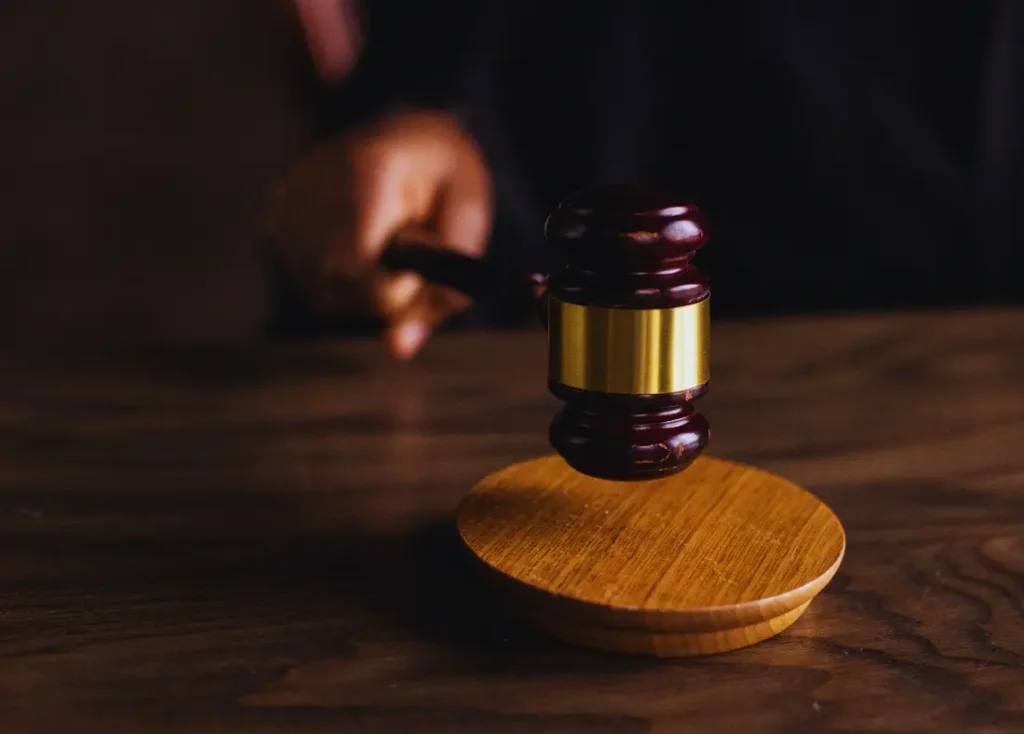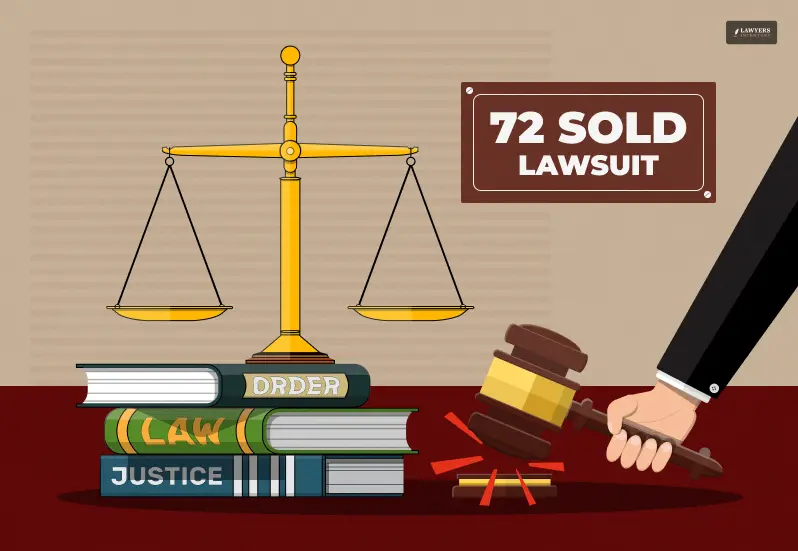In recent months, the 72 Sold Lawsuit has captured the attention of industry experts and consumers alike. This landmark dispute highlights growing concerns about transparency, corporate accountability, and consumer protection in the digital age. As the legal battle unfolds, stakeholders from all sides are preparing for a courtroom showdown that could have far-reaching consequences for similar businesses. This article delves into the background, key players, allegations, timeline, legal implications, and potential next steps of this significant dispute. Beyond the courtroom, the dispute has ignited conversations across news outlets and online forums, where legal analysts dissect every filing and projection. The stakes are high not only for the companies involved but also for consumers who may seek greater protections in future transactions.
Background of the 72 Sold Lawsuit
At the heart of the 72 Sold Lawsuit are allegations of misleading marketing practices and potential breaches of consumer trust. The dispute began when a group of consumers filed a complaint claiming that certain promotional materials overstated product capabilities and concealed key fees. The plaintiffs argue that these omissions led to significant financial losses and emotional distress. In response, the defendant has denied wrongdoing, insisting that all marketing efforts complied with industry standards and relevant regulations. This section explores the origins of the case, the initial filings, and the broader context in which the dispute arose.
The complaint was lodged in early 2023, following months of investigative reporting that raised questions about the company’s advertising claims. Consumer advocacy groups soon joined the conversation, highlighting similar complaints from individuals across multiple states. Regulatory bodies also took notice, with the Federal Trade Commission initiating an informal inquiry. Together, these developments set the stage for a complex legal battle that could reshape how businesses approach transparency in advertising. Social media platforms have amplified the controversy, with hashtags and discussion threads spotlighting individual experiences. Financial markets also took notice, as the defendant’s stock experienced increased volatility amid rumors of potential liabilities.
Key Players in the 72 Sold Lawsuit

Within the 72 Sold Lawsuit, the primary plaintiff is a coalition of individual consumers represented by a national consumer rights organization. They allege that their grievances extend beyond isolated incidents, pointing to a pattern of behavior that undermines fair competition. On the defense side stands the parent company, a well-known name in the tech and e-commerce sector, which has enjoyed rapid growth over the past decade. Legal teams from both sides bring deep expertise: the plaintiffs are backed by seasoned class-action attorneys, while the defense has enlisted high-profile litigators known for defending corporations in high-stakes cases.
In addition to these main parties, several third-party entities have joined the fray as amicus curiae, or “friends of the court,” offering expert opinions on marketing ethics, consumer psychology, and regulatory compliance. Their input may prove influential in shaping judicial understanding of complex industry practices and the standards to which companies should be held. To bolster their arguments, both sides have enlisted industry experts to testify on consumer behavior and marketing ethics. These professionals will analyze data trends and internal communication records to provide context on corporate decision-making.
Allegations in the 72 Sold Lawsuit

As part of the 72 Sold Lawsuit, plaintiffs have alleged that the defendant employed a range of deceptive tactics designed to mislead customers. Among the most serious accusations are claims that promotional advertisements used exaggerated performance metrics without sufficient scientific backing. Additionally, contract fine print reportedly included automatic subscription renewals and undisclosed fees that caught customers by surprise. These practices, according to the complaint, violated several consumer protection statutes at both federal and state levels.
Internal documents produced during pre-trial discovery suggest that some executives were aware of customer complaints but failed to implement corrective measures. This evidence could prove pivotal, potentially demonstrating intent to mislead. Experts believe that if a court finds in favor of the plaintiffs on these grounds, it could trigger significant financial penalties and mandate changes to advertising protocols. Plaintiffs are also seeking class certification, arguing that the alleged practices affected a broad demographic of users. If granted, this would allow for collective action, potentially amplifying financial repercussions and raising the profile of the case even further.
Timeline of the 72 Sold Lawsuit
According to court records, the 72 Sold Lawsuit timeline began with the initial complaint filed in the U.S. District Court in March 2023. Within weeks, the defendant filed a motion to dismiss, arguing that the claims lacked specificity and that plaintiffs failed to demonstrate actual harm. In July 2023, the court denied this motion, allowing the case to proceed to discovery. By September 2023, both sides had exchanged thousands of pages of documents and taken numerous depositions.
A key milestone occurred in December 2023, when a judge granted partial summary judgment on certain statutory claims, narrowing the scope of issues for trial. The discovery phase officially closed in February 2024, setting the stage for expert witness reports and pre-trial motions. In parallel, informal settlement talks have taken place under the supervision of a federal magistrate, though progress has been limited by disagreements over both financial terms and injunctive provisions. As of mid-2024, the case is scheduled for a preliminary hearing to discuss potential settlement talks and to establish a final trial date.
Legal Implications of the 72 Sold Lawsuit
The outcome of this dispute could establish important legal precedents for consumer protection law. If the plaintiffs succeed in proving that misleading marketing alone constitutes sufficient grounds for liability, businesses may face heightened scrutiny over promotional materials. Companies could be required to adopt more rigorous disclosure practices, including clearer fee structures and substantiated performance claims.
Moreover, this case may influence regulatory enforcement strategies. A favorable ruling for plaintiffs could embolden agencies like the Federal Trade Commission to pursue similar actions, potentially leading to an uptick in investigations. Conversely, a win for the defense might reinforce existing thresholds for proving consumer harm, making future class-action suits more challenging to advance. Some lawmakers are monitoring the proceedings closely, considering whether new legislation is necessary to close perceived loopholes in advertising regulations. Meanwhile, corporate boards may revisit governance policies to mitigate similar risks and reassure shareholders.
What’s Next for the 72 Sold Lawsuit

As proceedings move forward, both sides have signaled openness to settlement discussions, though key differences remain unresolved. Plaintiffs are seeking both monetary compensation and injunctive relief to prevent future deceptive practices. The defendant has indicated a willingness to modify certain policies but disputes the need for substantial payouts.
Stakeholders are watching closely to see how the 72 Sold Lawsuit unfolds, with the preliminary hearing set to take place later this year. Should the parties fail to reach an agreement, the case will proceed to a full trial, where jurors will weigh complex evidence and competing expert analyses. Either way, the resolution will likely reverberate throughout the industry, offering valuable lessons on the intersection of marketing strategy and legal accountability. Media outlets are expected to cover key developments extensively, and advocacy groups will likely continue to use this case as a rallying point for consumer rights campaigns. The outcome may also influence corporate training programs and internal compliance audits across industries.
